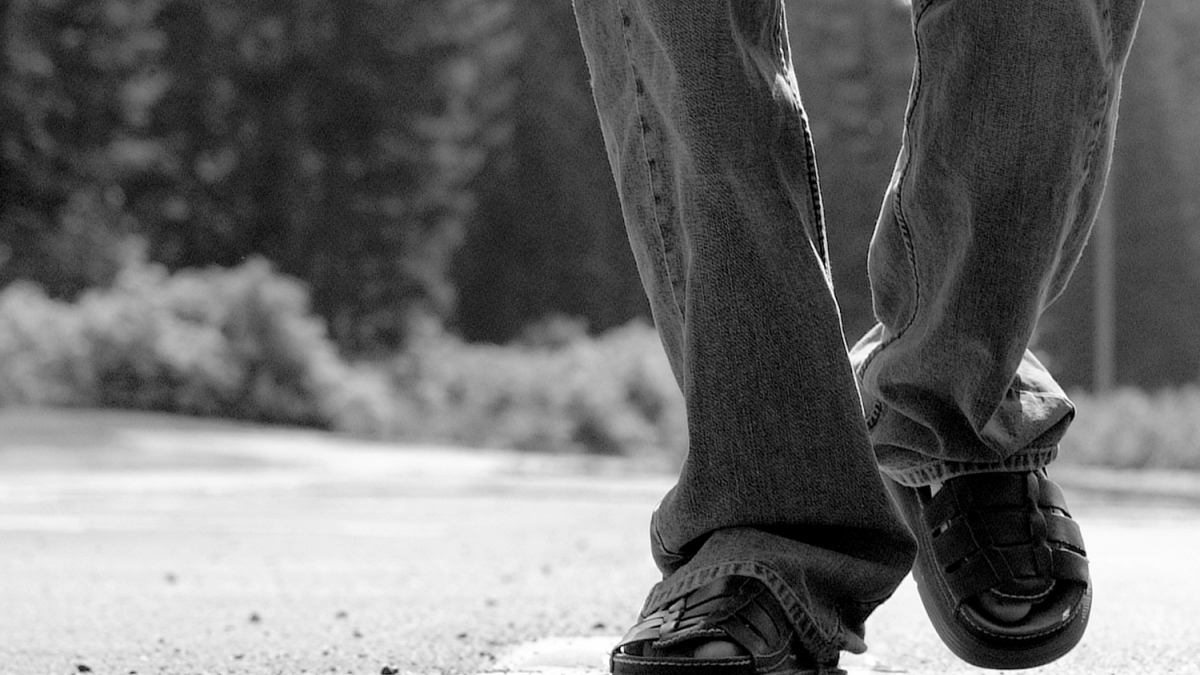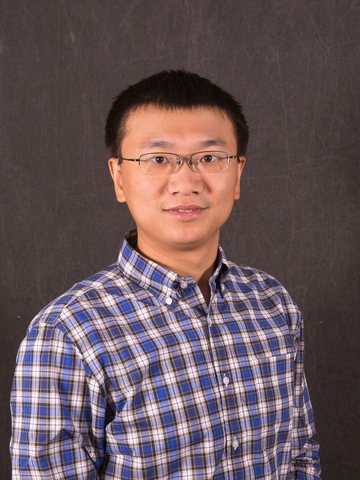For those with walking difficulties, getting to a clinic for rehabilitation can be challenging — doubly so for Arizona’s aging and rural populations.
An Arizona State University engineer’s work could help bring the physical therapy to them.
The research of Wenlong Zhang, an assistant professor of engineering in the Polytechnic SchoolThe Polytechnic School is one of the Ira A. Fulton Schools of Engineering at Arizona State University., focuses on cyber-physical systems that can have applications in, among other fields, health care.
His gait-rehabilitation systems will enable people with standing and walking difficulties to be fitted with wearable robotic rehab technology to aid in exercises to improve their gait — while at home, working remotely with a physical therapist. They will also wear wireless body sensors that will mine data that therapists can use.
“Most gait-rehabilitation therapy is still done in clinics, which is inconvenient for many people with walking difficulties,” said Zhang (pictured). “Also, physical therapists need to perform the labor-intensive rehabilitation tasks in a one-to-one manner, and they don’t have a lot of data to guide their decisions on therapy.”
For his work, Zhang has received one of two 2016 Bisgrove Scholar awards; the $200,000 provided will allow him to expand his efforts to develop such mobile gait-rehabilitation systems. Science Foundation Arizona established its Bisgrove Scholar program to attract and keep researchers whose work promises to produce advances in areas that will have far-ranging positive impacts.
Zhang’s goal is for his “smart” connected systems to make rehab both more convenient and less costly.
“My motivation for developing these mobile and connected systems is to enable in-home rehabilitation to be accessible to people living in remote areas, and to give therapists a way to easily track a patient’s training regimen and be able to provide direction for the patients based on data gathered by body sensors,” he said.
Zhang joined the ASU faculty in the fall 2015 and “has made wonderful progress in this short time,” said professor Ann McKenna, director of the Polytechnic School. “Winning the Bisgrove award is just one reflection on how his research is helping to significantly advance robotics research.”
McKenna points out that Zhang’s expertise in gait analysis and rehabilitation, human-involved cyber-physical systems and networked and distributed systems complements the work of several faculty colleagues and the mission of a variety of ASU research initiatives.
“He is a great asset to our engineering program, and we are delighted he was selected for this prestigious award,” she said.
With support from Arizona philanthropist Jerry Bisgrove, Science Foundation Arizona created the Bisgrove Scholars program to support innovative new research talent in Arizona.
Those selected to receive the program’s support are experts with “the ability to transform their fields of research into direct value not only for Arizona, but for all of society,” said Bill Harris, the foundation’s president and chief executive officer.
Zhang will conduct the research supported by the Bisgrove award under the mentorship of McKenna and professor Marco Santello, director of the School of Biological and Health Systems Engineering, along with fellow Fulton Schools of Engineering faculty professor Thomas Sugar and associate professor Sangram Redkar.
He joined a Bisgrove tradition: Three Fulton Schools of Engineering faculty members were among last year’s Bisgrove Scholars, and seven ASU faculty members are among the 21 scientists and engineers supported by the Bisgrove Scholar program since it began in 2011.
More Science and technology

Hack like you 'meme' it
What do pepperoni pizza, cat memes and an online dojo have in common?It turns out, these are all essential elements of a great cybersecurity hacking competition.And experts at Arizona State…

ASU professor breeds new tomato variety, the 'Desert Dew'
In an era defined by climate volatility and resource scarcity, researchers are developing crops that can survive — and thrive — under pressure.One such innovation is the newly released tomato variety…

Science meets play: ASU researcher makes developmental science hands-on for families
On a Friday morning at the Edna Vihel Arts Center in Tempe, toddlers dip paint brushes into bright colors, decorating paper fish. Nearby, children chase bubbles and move to music, while…



